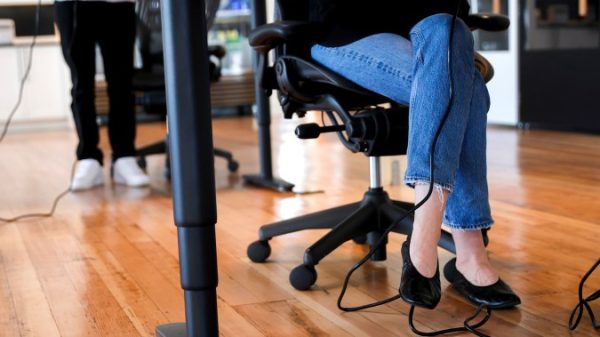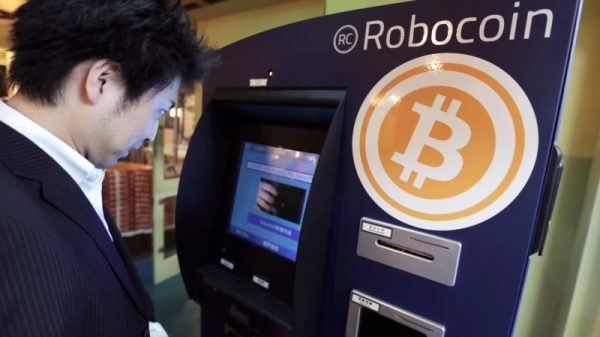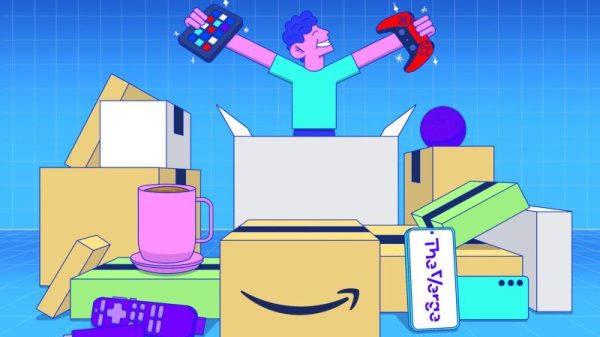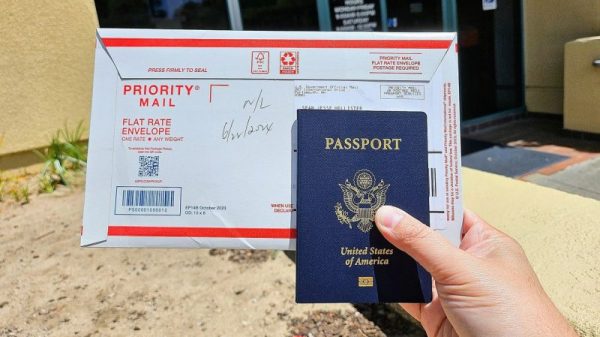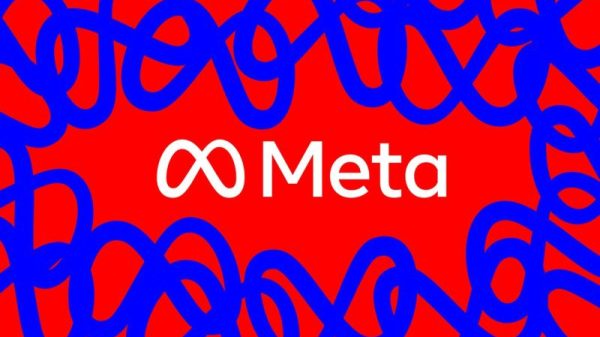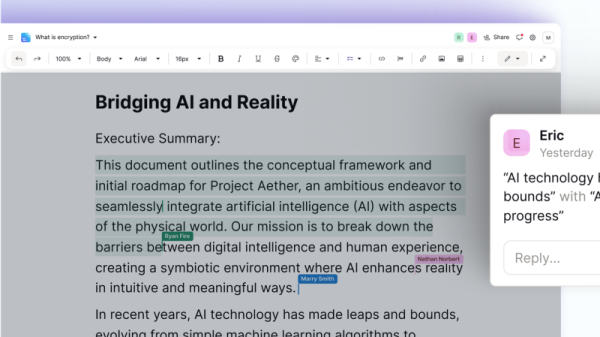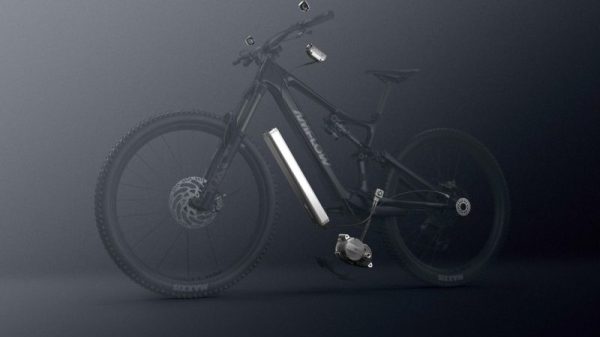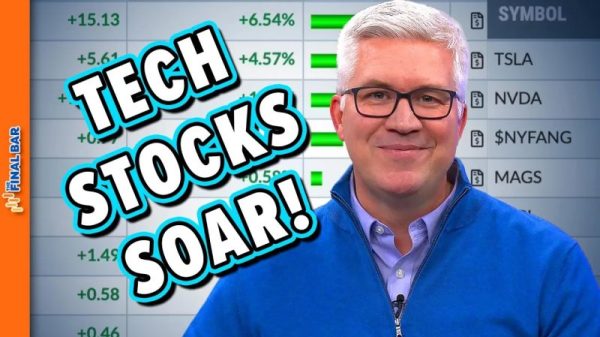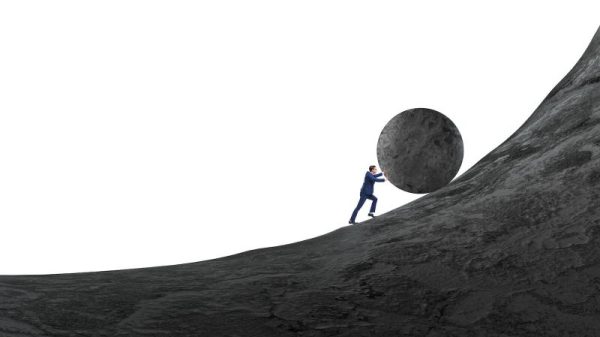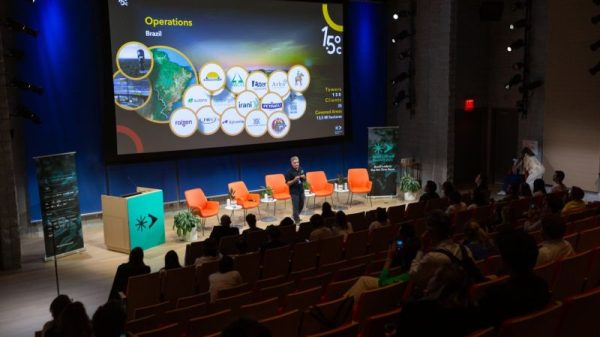Authorities on Wednesday unsealed additional portions of a search warrant affidavit used to win permission to scour Donald Trump’s Florida home last summer — a search that uncovered more than 100 classified documents and paved the way for the former president’s indictment last month on charges of mishandling national security secrets.
The new version of the affidavit still keeps a number of investigative details secret. But it reveals more about what agents had learned by the time they executed the search at Mar-a-Lago on Aug. 8, including specifics of how security camera footage captured a key Trump aide moving boxes both before and after he was questioned by the FBI.
The information fills in some blanks about the high-stakes investigation but does not substantively change the public understanding of the 38-count indictment filed last month against Trump and the aide, Waltine Nauta. The details offer a more granular account of how Nauta’s movement of boxes, caught on video, led investigators to suspect that Trump was trying to hide documents and mislead the Justice Department.
Trump has pleaded not guilty to the charges against him. A lawyer for Nauta is scheduled to appear in federal court in Miami on Thursday to enter a not-guilty plea on his behalf. Nauta’s legal team declined to comment Wednesday evening.
Investigators issued a subpoena in June 2022 for Mar-a-Lago security camera footage around a storage room area where Trump kept dozens of boxes, many of which allegedly contained classified documents. The digital footage was turned over to the government in early July of last year, and the affidavit makes clear that the material provided important evidence that propelled the investigation.
The affidavit says the footage showed that on May 24, Witness 5 — a person described in the indictment as Nauta — was observed carrying three boxes inside Mar-a-Lago. Two days later, Nauta was interviewed by FBI agents. He allegedly denied knowing much of anything about the location or movement of boxes at Trump’s home and private club, beyond the fact that 15 boxes had been sent from there in early 2022 to the National Archives and Records Administration. Those boxes were later found to contain some 184 classified documents.
The newly unsealed portion of the affidavit says the surveillance footage shows that four days after the FBI interview, Nauta moved “approximately fifty Bankers boxes” out of a storage room. The document adds that the FBI “did not observe this quantity of boxes being returned.”
At the time, the Justice Department was awaiting a response from Trump’s legal team to a grand jury subpoena, which sought the return to the government of any additional documents with classified markings.
On June 2 — just a day before FBI officials were to arrive at Mar-a-Lago to collect documents in response to the subpoena — security camera footage shows Nauta “moving twenty-five to thirty boxes, some of which were brown cardboard boxes and others of which were Bankers boxes,” back to the storage room, a newly unsealed part of the affidavit says.
That is a key distinction for investigators, because it allegedly shows that Nauta, apparently at Trump’s direction, moved in total “approximately 64 boxes from the STORAGE ROOM area” in May 2022 but “only returned 25-30 boxes” to that room.
The affidavit also recounts a June 3 meeting at Mar-a-Lago between FBI agents, Justice Department lawyer Jay Bratt, Trump lawyer Evan Corcoran, and Trump’s custodian of records, Christina Bobb, though the document does not identify any of them by name.
At that meeting, Corcoran handed over a taped folder that contained 38 classified documents, according to officials.
Corcoran, who was only identified in the redacted affidavit as “FPOTUS COUNSEL 1” — meaning the legal counsel for the former president of the United States — “stated he was advised all the records that came from the White House were stored in one location within Mar-a-Lago, the STORAGE ROOM, and the boxes of records in the STORAGE ROOM were ‘the remaining repository’ of records from the White House,” a newly unsealed section of the affidavit states.
It goes on to say that Corcoran added “he was not advised there were any records in any private office space or other location in Mar-a-Lago.”
Prosecutors had previously said as much about Corcoran’s statements at that meeting, but the newly unsealed passages help explain why a federal judge ultimately ruled that Corcoran could be questioned before a grand jury.
Trump’s legal team sought to prevent such testimony, saying that Corcoran’s conversations with the former president should be shielded by attorney-client privilege. But the judge found there was enough evidence to suggest that Corcoran may have been lied to, and may have repeated those lies to investigators. Under a rule known as the “crime-fraud exception,” the judge said, Corcoran therefore had to testify.
Corcoran has not been charged in the case.
Authorities on Wednesday unsealed additional portions of a search warrant affidavit used to win permission to scour Donald Trump’s Florida home last summer — a search that uncovered more than 100 classified documents and paved the way for the former president’s indictment last month on charges of mishandling national security secrets.
The new version of the affidavit still keeps a number of investigative details secret. But it reveals more about what agents had learned by the time they executed the search at Mar-a-Lago on Aug. 8, including specifics of how security camera footage captured a key Trump aide moving boxes both before and after he was questioned by the FBI.
The information fills in some blanks about the high-stakes investigation but does not substantively change the public understanding of the 38-count indictment filed last month against Trump and the aide, Waltine Nauta. The details offer a more granular account of how Nauta’s movement of boxes, caught on video, led investigators to suspect that Trump was trying to hide documents and mislead the Justice Department.
Trump has pleaded not guilty to the charges against him. A lawyer for Nauta is scheduled to appear in federal court in Miami on Thursday to enter a not-guilty plea on his behalf. Nauta’s legal team declined to comment Wednesday evening.
Investigators issued a subpoena in June 2022 for Mar-a-Lago security camera footage around a storage room area where Trump kept dozens of boxes, many of which allegedly contained classified documents. The digital footage was turned over to the government in early July of last year, and the affidavit makes clear that the material provided important evidence that propelled the investigation.
The affidavit says the footage showed that on May 24, Witness 5 — a person described in the indictment as Nauta — was observed carrying three boxes inside Mar-a-Lago. Two days later, Nauta was interviewed by FBI agents. He allegedly denied knowing much of anything about the location or movement of boxes at Trump’s home and private club, beyond the fact that 15 boxes had been sent from there in early 2022 to the National Archives and Records Administration. Those boxes were later found to contain some 184 classified documents.
The newly unsealed portion of the affidavit says the surveillance footage shows that four days after the FBI interview, Nauta moved “approximately fifty Bankers boxes” out of a storage room. The document adds that the FBI “did not observe this quantity of boxes being returned.”
At the time, the Justice Department was awaiting a response from Trump’s legal team to a grand jury subpoena, which sought the return to the government of any additional documents with classified markings.
On June 2 — just a day before FBI officials were to arrive at Mar-a-Lago to collect documents in response to the subpoena — security camera footage shows Nauta “moving twenty-five to thirty boxes, some of which were brown cardboard boxes and others of which were Bankers boxes,” back to the storage room, a newly unsealed part of the affidavit says.
That is a key distinction for investigators, because it allegedly shows that Nauta, apparently at Trump’s direction, moved in total “approximately 64 boxes from the STORAGE ROOM area” in May 2022 but “only returned 25-30 boxes” to that room.
The affidavit also recounts a June 3 meeting at Mar-a-Lago between FBI agents, Justice Department lawyer Jay Bratt, Trump lawyer Evan Corcoran, and Trump’s custodian of records, Christina Bobb, though the document does not identify any of them by name.
At that meeting, Corcoran handed over a taped folder that contained 38 classified documents, according to officials.
Corcoran, who was only identified in the redacted affidavit as “FPOTUS COUNSEL 1” — meaning the legal counsel for the former president of the United States — “stated he was advised all the records that came from the White House were stored in one location within Mar-a-Lago, the STORAGE ROOM, and the boxes of records in the STORAGE ROOM were ‘the remaining repository’ of records from the White House,” a newly unsealed section of the affidavit states.
It goes on to say that Corcoran added “he was not advised there were any records in any private office space or other location in Mar-a-Lago.”
Prosecutors had previously said as much about Corcoran’s statements at that meeting, but the newly unsealed passages help explain why a federal judge ultimately ruled that Corcoran could be questioned before a grand jury.
Trump’s legal team sought to prevent such testimony, saying that Corcoran’s conversations with the former president should be shielded by attorney-client privilege. But the judge found there was enough evidence to suggest that Corcoran may have been lied to, and may have repeated those lies to investigators. Under a rule known as the “crime-fraud exception,” the judge said, Corcoran therefore had to testify.
Corcoran has not been charged in the case.

